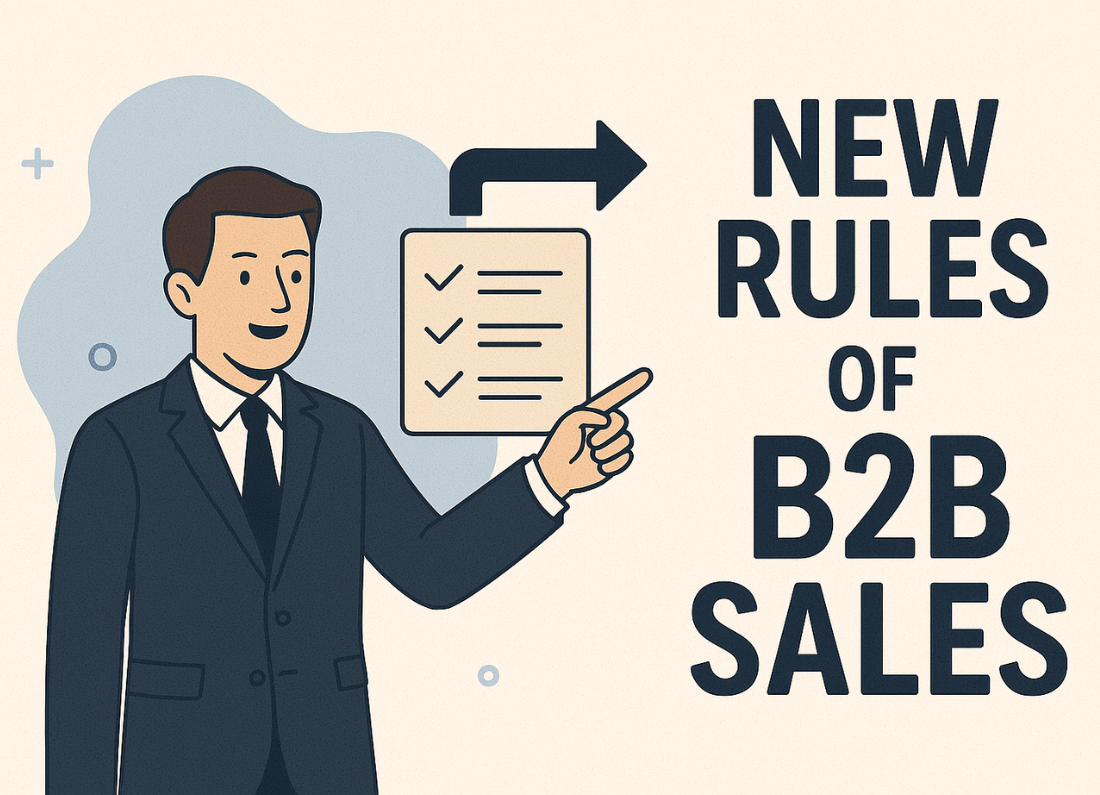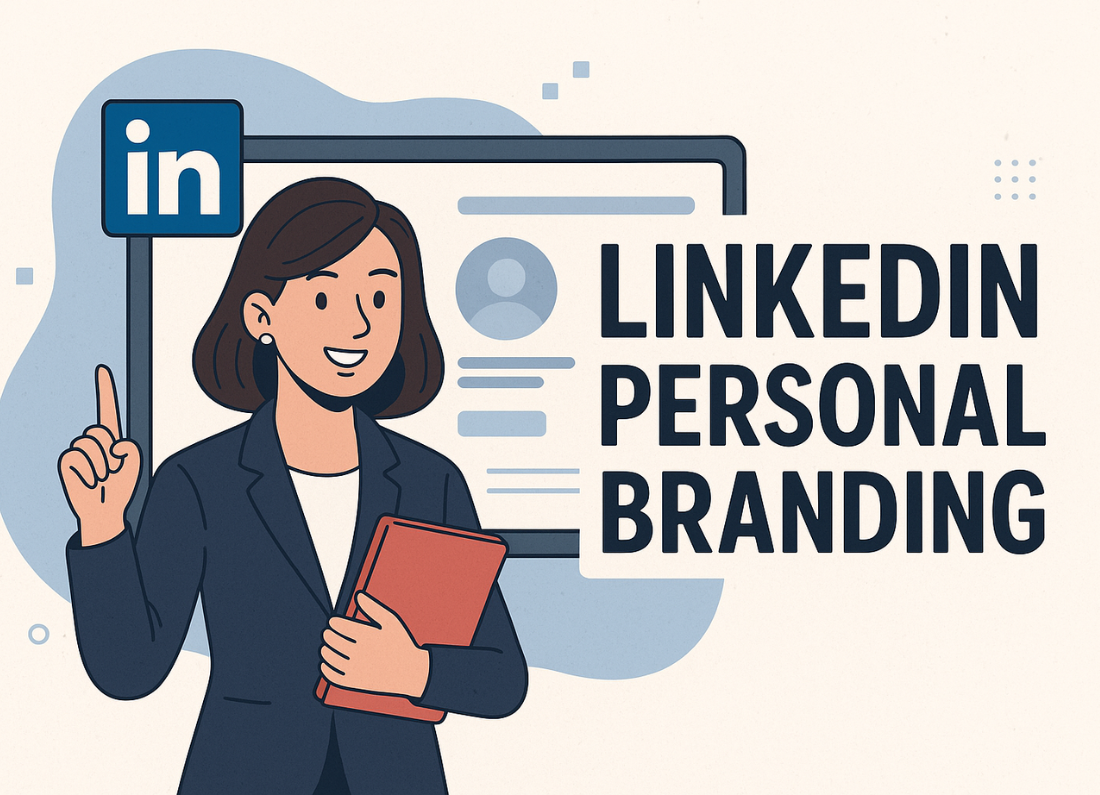In the evolving business landscape, sustainability is no longer optional—it’s a necessity. Today’s most influential and values-driven demographic, Generation Z, is demanding more than just quality products. They want to buy from brands that actively work to make the world a better place. As a result, sustainable business practices for Gen Z are becoming a defining factor in long-term brand loyalty and success.
Why Gen Z Cares About Sustainability
Born between 1997 and 2012, Gen Z has grown up witnessing climate change, social inequality, and economic instability. They’re digital natives, hyper-informed, and highly selective about where they spend their money. According to research from First Insight and the Wharton School, 73% of Gen Z consumers are willing to pay more for sustainable products, and 62% prefer to buy from sustainable brands.
For businesses, this presents a clear message: integrating sustainability isn’t just good ethics—it’s good economics.
Top Sustainable Business Practices That Resonate with Gen Z
1. Eco-Friendly Product Design & Packaging
Minimalism, recyclability, and low-impact materials are essential. Gen Z expects businesses to go beyond using recyclable packaging—they want to see compostable materials, plastic alternatives, and reduced packaging altogether.
Actionable tip:
Replace single-use plastics with plant-based or biodegradable options. Use minimalist design to cut down on material use and clearly communicate the product’s environmental footprint.
2. Transparent Supply Chains
Transparency is a key value for Gen Z. They want to know where their products come from, how they’re made, and under what conditions.
Examples of transparency that Gen Z values:
- Publicly available sourcing maps
- Supplier audits or certifications (e.g., Fair Trade, GOTS)
- Ethical labor practices
Actionable tip:
Feature supply chain information on your website, product labels, or social media, and offer behind-the-scenes content to show your commitment to ethical sourcing.
3. Carbon Footprint Reduction
Reducing greenhouse gas emissions is a high priority for Gen Z. Businesses that invest in low-carbon processes and offset their emissions are more likely to earn trust.
How brands are reducing emissions:
- Switching to renewable energy
- Improving logistics for efficient shipping
- Offering carbon-neutral or climate-positive products
Actionable tip:
Use tools like carbon calculators and publish your emissions data. Offer carbon offset options at checkout, and clearly explain how these offsets are used.
4. Inclusive and Ethical Workplace Culture
Sustainability isn’t just about the environment. Gen Z links sustainability with social justice and equity. They expect businesses to embrace diversity, fair wages, and employee well-being.
What Gen Z looks for:
- Gender and racial equity
- LGBTQ+ support
- Mental health resources
- Transparent pay and labor practices
Actionable tip:
Highlight your diversity statistics, equity initiatives, and employee testimonials in recruitment and marketing materials.
5. Circular Economy Practices
Instead of the traditional “make, use, dispose” model, Gen Z is embracing circular consumption—where products are reused, refurbished, or recycled to extend their life cycle.
Successful circular economy models:
- Clothing take-back programs
- Refillable packaging
- Subscription services for reused goods
Actionable tip:
Launch a resale or repair program for your products, or partner with third-party platforms that help customers recycle or upcycle.
6. Activism and Brand Advocacy
Gen Z rewards businesses that stand for something. They expect companies to speak out on social and environmental issues—and back those words with action.
Gen Z supports brands that:
- Support climate justice movements
- Donate a percentage of profits to causes
- Advocate for policy change
Actionable tip:
Partner with nonprofits, participate in campaigns like Earth Day or Giving Tuesday, and share your activism on social media to build authentic engagement.
How to Communicate Your Sustainability Efforts
Having sustainable practices is one thing—but effectively communicating them is just as critical.
1. Authentic Storytelling
Gen Z can spot greenwashing instantly. Be honest about your progress and share both your successes and shortcomings.
Example:
Instead of claiming your business is “100% sustainable,” say, “We’ve reduced our plastic use by 40% in the past year and aim to eliminate it entirely by 2026.”
2. Use Data and Certifications
Back up your claims with credible metrics and third-party certifications like:
- B Corp Certification
- Carbon Trust Standard
- FSC (Forest Stewardship Council)
- LEED Certification
3. Interactive and Visual Content
Gen Z prefers short-form, visual, and engaging content. Infographics, short videos, and real-time stats can make your sustainability efforts more digestible and shareable.
Brands That Are Getting It Right
Here are a few real-world examples of brands successfully implementing sustainable business practices that appeal to Gen Z:
- Patagonia – Known for its environmental activism, transparent supply chain, and repair-friendly product model.
- Allbirds – Focuses on carbon neutrality, natural materials, and public carbon footprint labeling.
- Ritual – A vitamin company that shares detailed supply chain information and focuses on traceable ingredients.
- ThredUP – An online consignment platform embracing circular fashion and sustainable consumption.
These brands don’t just sell—they educate, empower, and evolve with their Gen Z customers.
Conclusion: Sustainability as a Competitive Edge
To attract Gen Z, sustainability isn’t a marketing gimmick—it’s part of your identity. By embedding sustainable business practices into every aspect of your operations—from product design to workplace culture—you don’t just create value for your customers; you build a future-ready brand.
Companies that lead with purpose, prove their impact, and connect authentically with Gen Z will not only win customers—they’ll earn lifelong brand advocates.















Leave a Reply